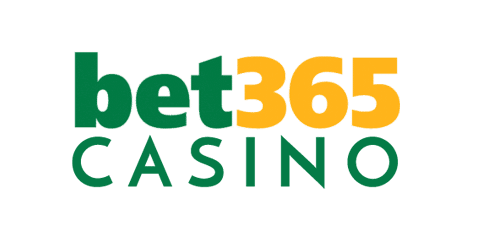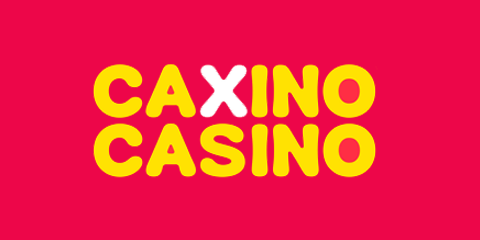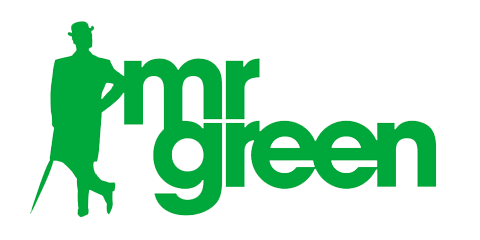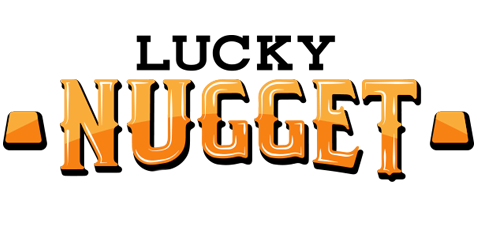How bookmakers work
You may have often wondered how bookmakers work, odds, what systems they have to offer their services... In this article we will explain it to you and tell you about one of the pillars of your business: quotas.
The main aspects about the operation of a bookmaker
Understanding how online bookmakers work is very simple: they offer events to bet on with odds based on the probability of that bet happening, and users place their bets.
These odds (and probabilities) vary constantly, either due to new information or due to the volume of money that users bet on that bet.
Sportsbooks make a profit thanks to the work they do with odds, setting the tightest possible odds and making it very complicated to make money in the long run.
Bookmakers' odds
Odds express probabilities, so the lower the odds, the higher the probability. In other words: “it is easier” to give the event that is paid for the lowest fee (eye, in a series of repetitions of, say, 1000 events. This statement is not applicable or scalable to individual matches in a forceful way).
Thus, the bookmakers know that they are more likely to have to pay the lowest odds, so they try, with the non-winning odds, to cover the money that the benefited player obtains and, despite everything, continue to deposit them. They don't take any risks but they still generate profit.
This is not only because the quotas are well set from the beginning, but they are "moving”. The houses compensate the entry of money to certain events by modifying the quotas . An overbaked bet for what they consider to be normal will see their odds decrease, with the inverse increasing.
So the bookies are not only better than us at calculating the probabilities of events, but they also use the information of the best players to correct the small lapses they may have had, turning the aSpinbit of earning them money into a much more complicated company even.
What is the commission of bookmakers?
Bookmakers make sure profits with every bet that is placed, due to the payout (profit margin) that applies to all your odds: a small percentage ranging from 0 to 10% and that would be equivalent to the commission you are left for offering your services as a bookmaker.
This commission is present on all odds of all sports and markets of all bookmakers. It is necessary to be able to cover the option that there are users betting on both one option of the event, and the opposite.
For example, in an event where the probability is 50% for two options, the odds offered by the bookmaker will never be 2.00 - 2.00, but will be 1.83 - 1.83. Thus, if a user bets on the first option and another on the second, the bookmaker will not lose money since he will enter for example $ 20 ($ 10 of each bet) and pay $ 18.30.
Why are the odds not the same in different bookmakers?
The reason why the odds are different in bookmakers is very simple. The main one, is that the profit margin varies according to the bookmakers : some apply more margin and others less, offering better or worse odds.
It is also important to know that the odds of bookmakers vary independently: c ada bookmaker estimates its own odds for an event , and they are moving the fees according to their information or money movements.
Therefore, as each bookmaker has its own odds and applies its own profit margin, we find very different odds for the same event.
What is the benefit of bookmakers?
Bookmakers make high money profits by offering their services. As we said, most of the profits come from the losses of the players, since the odds and probabilities are so well adjusted and have so much information that it is really complicated to make money in the long term betting.
But in addition, the fact of having a profit margin with each bet guarantees them money no matter what happens in the event, since as we have seen in the example, they will enter more than they pay if the same number of users bet on an option and its opposite.
Mathematical example of how a bookmaker gets money
Let's look at it again with an example. Let's put a bookmaker that offers the goals market: Even/Odd. Although there are matches where the probability is different, we have selected a match where the probability of there being an even or odd number of goals is exactly the same (50%). The quotas should be 2.00 - 2.00, right?
As we see in the example, the odds are 1.85 - 1.85. What does this mean? That if there are for example 10 users who bet $ 10 on the Odd option (odds 1.85) and the same number of users who bet the same amount of money on the Even option (odds 1.85), the odds would look like this:
- $100 bet on Odd
- $100 bet at Par
In the match, only one of two options can happen: there will be a winning bet and a losing one. Let's say the final number of goals is Even: the bookmaker will pay a total of $185 in prizes. If you had entered $200 in total, it means that you have made $15 profit.
How to choose the bookmaker with the best odds
Always choosing the best odds is very important to obtain long-term benefits. However, it is difficult to compare each bet in the more than 40 bookmakers in New Zealand, so the easiest option is to directly choose a bookmaker that has a very low profit margin and therefore offers high odds in most cases.
How do you know that? Very easy, at Innovate Change we have done it for you, creating a ranking of bookmakers with the best odds.











